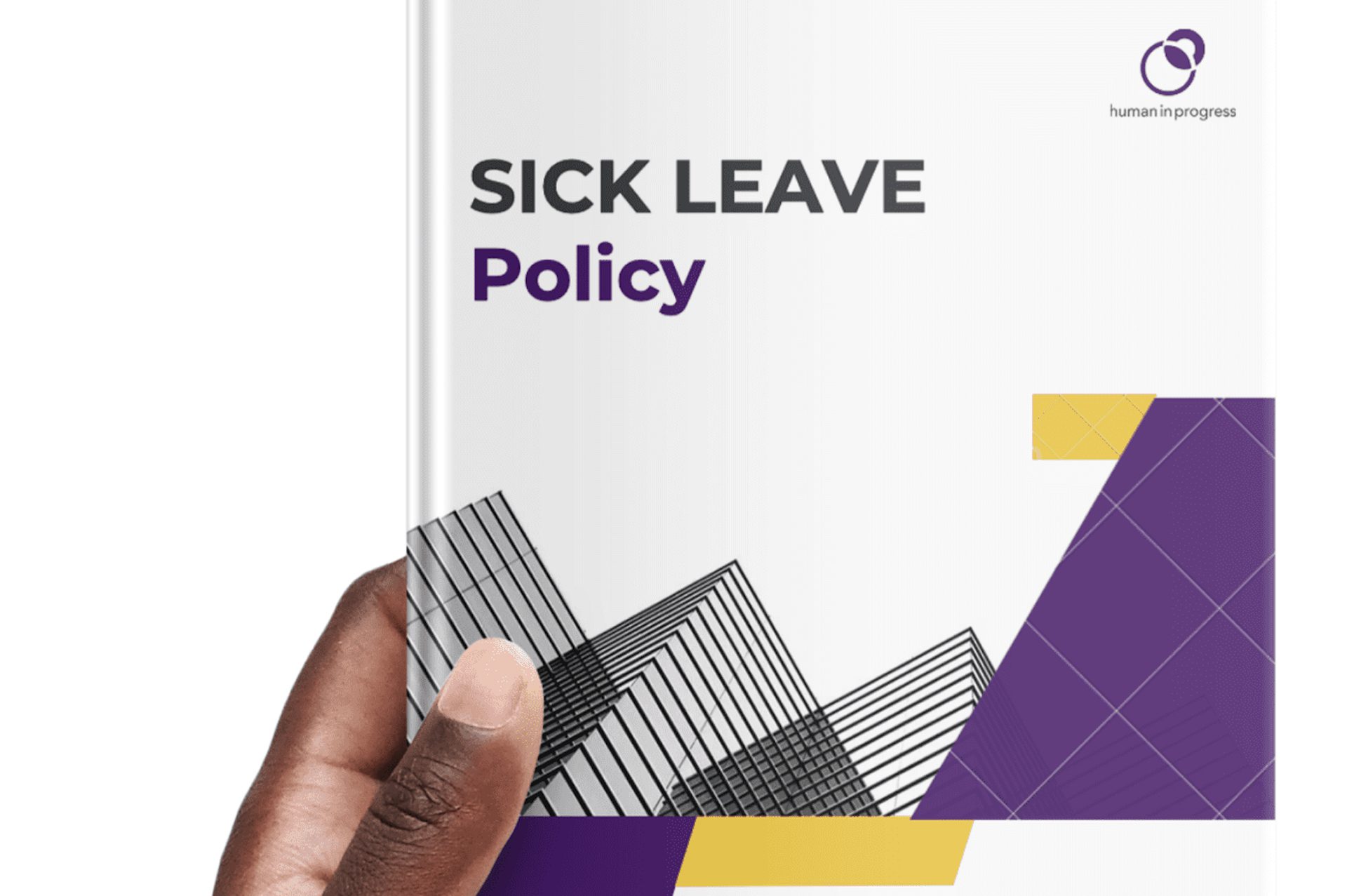The European Parliament has adopted the Directive introducing expanding time off in regard to Parental Leave Netherlands and Paternity Leave Netherlands. It is a new Directive on work-life balance for parents and carers. A number of new or higher standards are set with the right to request flexible working arrangements.
Table of Contents
Paternity Leave / Partner Leave
The partner, of a woman who gives birth, is entitled to paid Paternity/Partner Leave by the company for the amount of hours working per week (1 week on a full time basis).
As of 1 July 2020, fathers as well as mothers in same-sex couples will receive an additional 5 weeks’ leave in the first 6 months after the baby’s birth.
In this period of 5 weeks, the partner will receive 70% of the wages via the UWV. The Employer has to request/ initiate this type of leave via the UWV for the employee.
Parental Leave Netherlands: 1 August 2022
In the Netherlands, Parental Leave is currently unpaid leave and the duration of this leave type is 26 times the weekly working hours.
The European Parliament has adopted the introduction of paid Parental Leave for both parents. The first 9 weeks are paid leave; the remaining 17 weeks will still be unpaid leave.
Per August 1, 2022, the employee will receive the allowance (for 9 weeks) from the UWV equal to 70% of their daily wages, up to 70% of the maximum daily wages. An important element of paid leave is also that it must be taken up in the child’s first year of life. The employer has to request this type of leave via the UWV for the employee. Note: the allowance can only be received retrospective, the employee first has to take the leave, after the period the employer can request the UWV to pay the allowance to the employee.
The remaining 17 weeks will remain unpaid leave by law and can still be taken up to the child’s 8th birthday.
The government is responding with this expansion to the proposals from the Interdepartmental Policy Research (IBO). The paper shows that part-time work has become the norm in the Netherlands. Women usually work part-time and also take care of their children or parents, while men are more likely to work full-time and spend less time looking after children, other family members or friends on average. This is partly caused by how society and the economy are organised, taxes and allowances are designed and how childcare is arranged. The government is now making it possible for families to choose how they plan their lives and how they want to combine work and care.




